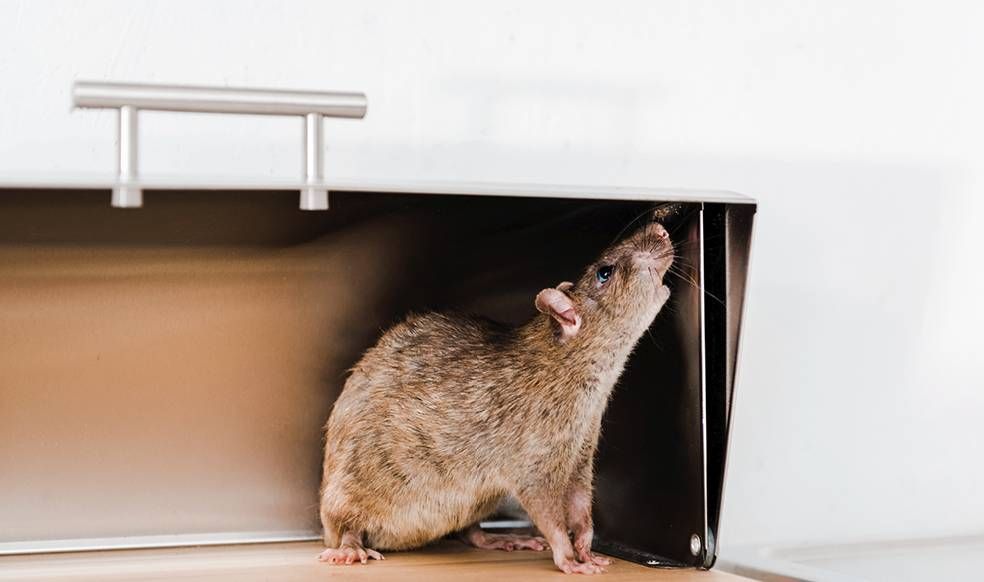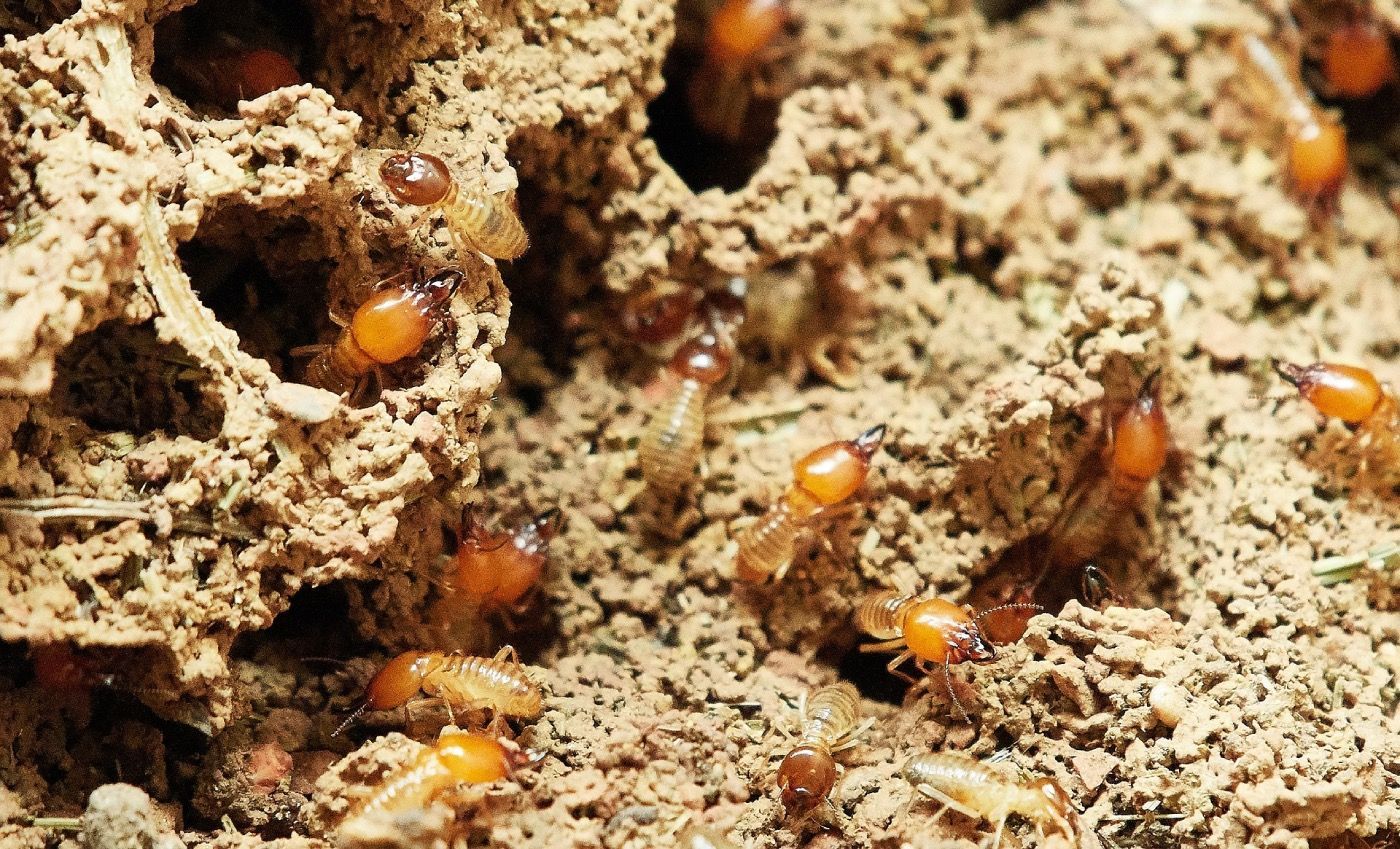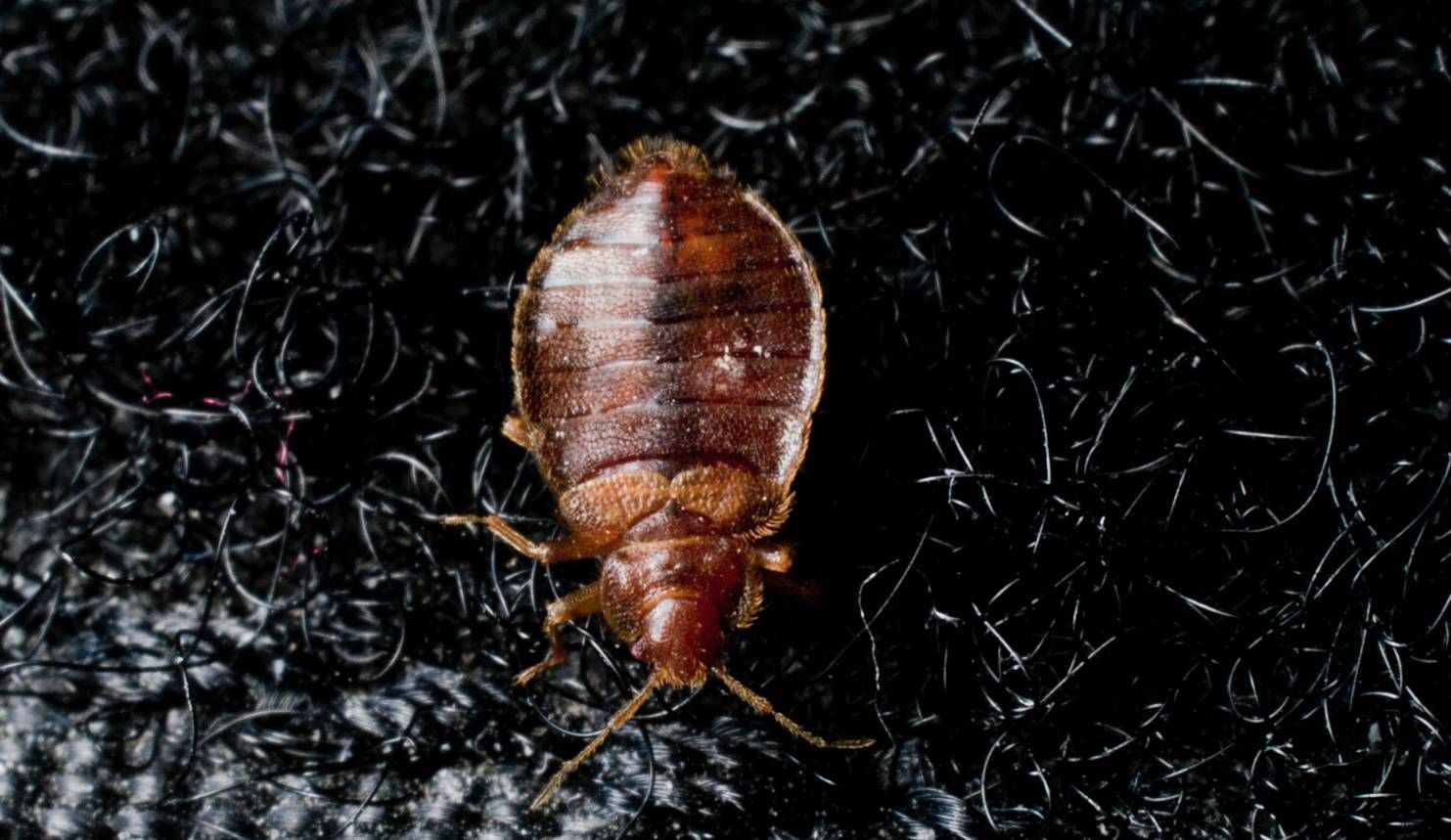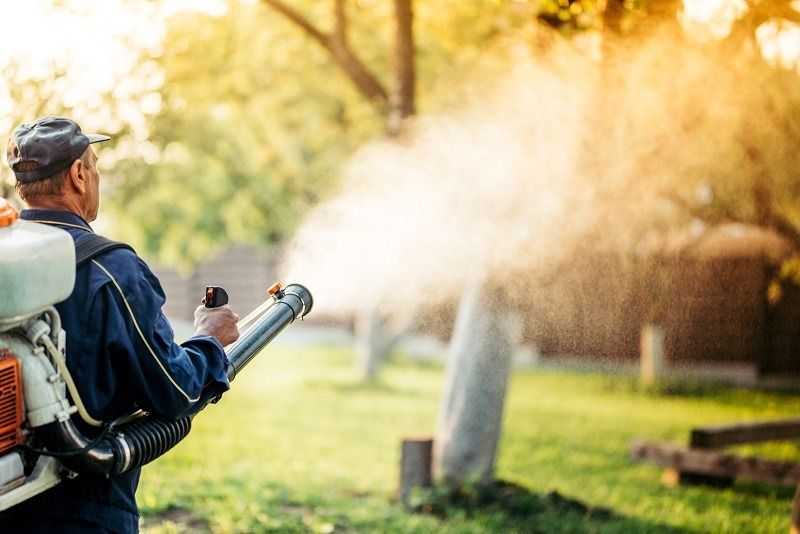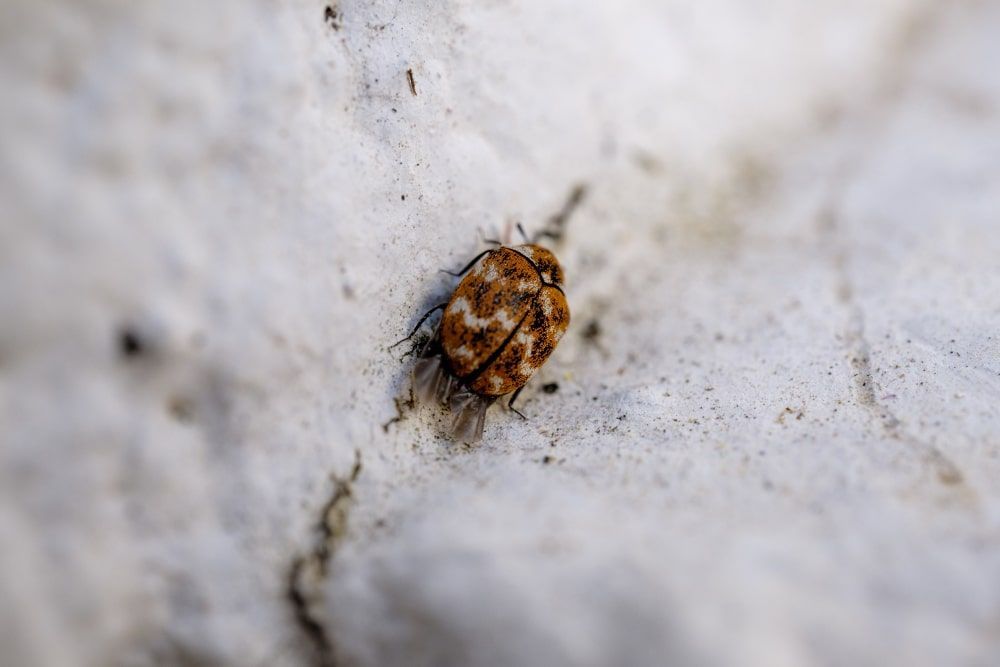Understanding Mosquito Habits and Breeding Grounds in Fort Worth
Mosquitoes are a common nuisance in Fort Worth, TX, especially during the warmer months. Understanding their habits and breeding grounds is crucial for effective control and prevention. This knowledge helps homeowners and communities implement strategies to minimize mosquito populations and reduce the risk of e diseases through mosquito control in Fort Worth area.
Mosquito Habits
Feeding Behavior
Mosquitoes are known for their blood-feeding behavior. Female mosquitoes require a blood meal to develop their eggs, while males typically feed on nectar. In Fort Worth, female mosquitoes are most active during dawn and dusk, seeking out humans and animals for their blood meals. Understanding their feeding patterns can help in planning outdoor activities to avoid peak mosquito activity times.
Resting Habits
During the day, mosquitoes rest in cool, shaded areas. Common resting spots include tall grass, shrubs, and dense vegetation. In urban areas of Fort Worth, mosquitoes can be found resting in basements, garages, and other sheltered areas. By keeping vegetation trimmed and reducing clutter around homes, residents can make their properties less inviting for resting mosquitoes.
Mosquito Breeding Grounds
Standing Water
Mosquitoes lay their eggs in standing water, making any stagnant water source a potential breeding ground. In Fort Worth, common breeding sites include:
- Flower Pots and Planters: Overwatered plants and saucers under pots can hold enough water for mosquitoes to breed.
- Clogged Gutters: Debris-filled gutters can trap water, creating ideal conditions for mosquito larvae.
Old Tires and Containers: Discarded tires, buckets, and other containers can collect rainwater and become breeding grounds.
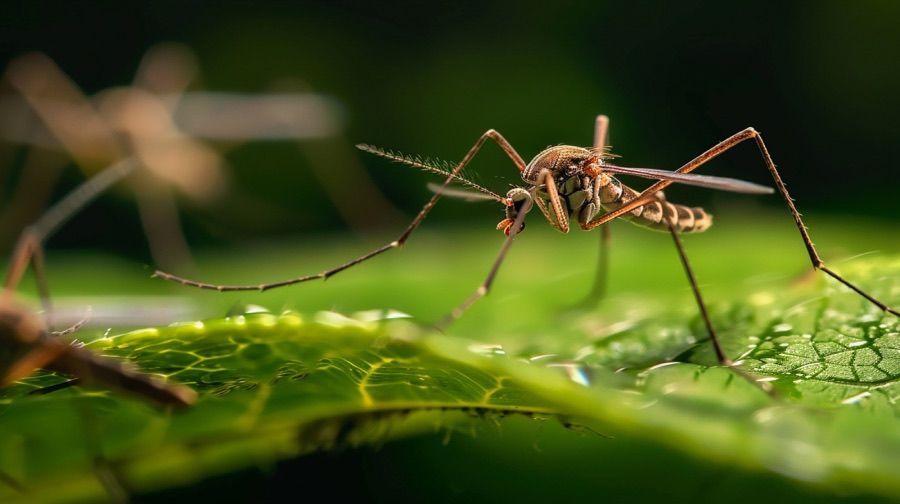
Natural Water Bodies
In addition to artificial containers, natural water bodies like ponds, ditches, and marshes in and around Fort Worth serve as breeding sites for mosquitoes. It's essential for residents living near these areas to be particularly vigilant about mosquito control measures.
Water Features
Water features such as birdbaths, fountains, and swimming pools can also attract mosquitoes if not properly maintained. Regularly changing the water in birdbaths, using pool covers, and ensuring proper circulation in fountains can help prevent mosquito breeding.
Prevention Tips
Eliminate Standing Water
The most effective way to reduce mosquito populations is to eliminate standing water. Regularly inspect your property for potential breeding sites and remove or treat them. This includes emptying and scrubbing birdbaths, cleaning gutters, and disposing of old containers.
Use Mosquito-Repellent Plants
Certain plants, such as citronella, lavender, and marigolds, can repel mosquitoes. Incorporating these plants into your landscaping can help reduce mosquito presence around your home.
Install Screens
Ensure windows and doors have tight-fitting screens to prevent mosquitoes from entering your home. Repair any tears or holes promptly to maintain an
effective barrier.
Community Efforts
Mosquito control is most effective when the entire community participates. Encourage neighbors to eliminate standing water on their properties and report large breeding sites to local authorities. Community-wide efforts can significantly reduce mosquito populations and minimize the risk of mosquito-borne diseases.
Conclusion
Understanding the habits and breeding grounds of mosquitoes is essential for effective mosquito control in Fort Worth. By taking proactive measures to eliminate standing water, maintain proper landscaping, and use preventive techniques, residents can reduce mosquito populations and enjoy a more comfortable and healthier environment. For professional assistance with mosquito control, consider contacting local pest control services to ensure your home and community remain mosquito-free.
